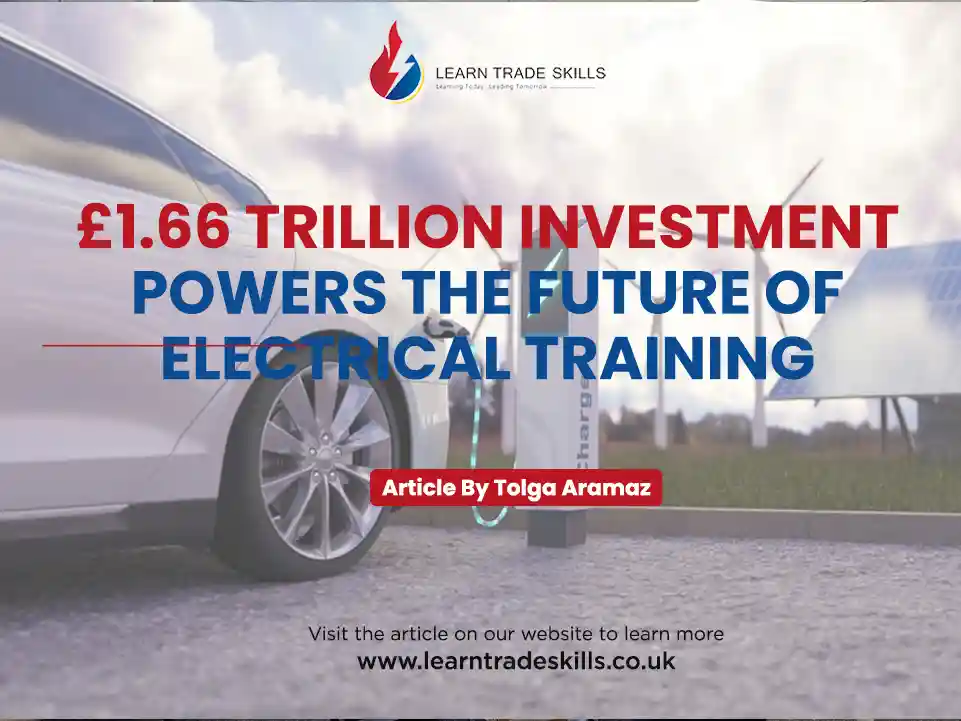

Energy generation refers to producing electricity through diverse means, from traditional methods like fossil fuels and nuclear power to renewable sources such as solar and wind energy. It encompasses various techniques to harness different forms of energy to meet society’s growing demands.
Energy generation is crucial for meeting global energy needs and sustainability goals. It powers homes, businesses, and industries, driving economic growth and development. Additionally, the shift towards cleaner and greener energy sources is essential for mitigating climate change and reducing carbon emissions.
The energy generation industry in the UK includes a wide array of companies producing or supplying energy. This includes traditional methods like nuclear power and fossil fuels and emerging technologies such as solar and wind energy. The industry also extends to sectors like food technology, which leverage innovative solutions to enhance efficiency and sustainability.
The UK energy generation sector has a turnover of £143.78 billion, making it the 7th largest Recognised Trade Investment Company (RTIC). It is also the 39th fastest-growing sector, attracting significant investor and venture capital interest.
With over 8,000 companies and 155,842 employees, the sector is a major contributor to the UK economy. It has received substantial investment funding of £3.8 billion and grants totalling £423.2 million from Innovate UK.
The energy generation RTIC includes ten distinct industry verticals, each focusing on specific aspects of energy production: bioenergy, fossil fuels, hydrogen, hydropower, nuclear, nuclear fusion, offshore wind, onshore wind, renewable thermal, and solar. Each vertical plays a unique role in shaping the future of energy generation.
According to Datacity, the UK energy generation sector could reach a value of approximately £179.2 billion by 2027, with a compound annual growth rate (CAGR) of 4.5%. This growth reflects the increasing demand for clean energy solutions and the ongoing transition towards renewable sources.
Several trends are driving growth in the energy generation industry, including technological advancements, policy incentives for renewables, and the growing need for electrification. The rise of electric vehicles and smart grids is reshaping the energy landscape, presenting new opportunities for innovation and investment.
In the dynamic energy generation industry, the role of electricians has become increasingly indispensable. As the sector evolves and embraces new technologies, the demand for skilled electricians has surged. Here’s why there’s a pressing need for electricians in this crucial industry:
With the expansion of renewable energy projects like solar and wind farms, there’s a corresponding need for electrical infrastructure to transmit and distribute the generated power. Electricians are vital in installing, maintaining, and repairing this infrastructure, ensuring the seamless flow of electricity from generation sources to end-users.
Modernising electrical grids to accommodate decentralised energy sources and smart technologies requires the expertise of electricians. They are responsible for upgrading existing infrastructure, integrating renewable energy systems into the grid, and implementing advanced monitoring and control systems. As the push towards grid modernisation intensifies, so does the demand for skilled electricians.
Advancements in energy generation technologies, such as energy storage systems and electric vehicle charging stations, rely heavily on electrical expertise. Electricians are at the forefront of installing and maintaining these technologies, ensuring their efficient operation and integration into existing infrastructure. As the pace of technological innovation accelerates, so does the demand for electricians with specialised skills.
Safety is paramount in the energy generation industry, particularly when working with high-voltage equipment and complex electrical systems. Electricians play a crucial role in ensuring that electrical installations comply with safety regulations and industry standards. Their expertise in troubleshooting and diagnosing electrical issues is invaluable in preventing accidents and minimising downtime.
As the energy generation industry continues to expand and diversify, new opportunities are emerging for electricians. From renewable energy projects to energy efficiency upgrades in commercial and residential buildings, electricians are in high demand across various sectors. The transition to cleaner and more sustainable energy sources is driving investments in infrastructure, creating numerous job opportunities for skilled electricians.
Learn Trade Skills has simplified the route to becoming a qualified electrician for those with limited time who need to reach working capacity quickly through our 4-step guide. This is the market’s most efficient way to start earning and gaining experience in the industry while working towards achieving a JIB Graded ECS Gold Card.
The pathway to earning a Gold Card can be lengthy and financially demanding. Hence, we created a path for those with other responsibilities and who want to make money simultaneously. It’s also an excellent option for those already in the field and needing the relevant electrical qualifications.
This is mainly aimed at non-experienced people, but if you are an experienced electrical professional looking to achieve a Gold Card, you will be eligible for a fast-tracked program. To get more information on gaining a Gold Card or our fast-track program, please visit the below link
Tolga Aramaz is the Director of Learn Trade Skills (LTS), a family-run training centre specialising in electrical installations. With years of experience and a deep understanding of the electrical industry, Tolga is known for their exceptional organisational skills, attention to detail, and commitment to delivering outstanding results. They provide valuable insights and guidance to electricians, contractors, and businesses, ensuring compliance with industry regulations and safety protocols. Through engaging training programmes and consultancy services, Tolga empowers professionals to excel in their roles, fostering long-term relationships built on professionalism and customer satisfaction.



© Copyright Learn Trade Skills 2025
“Lorem ipsum dolor sit amet, consectetur adipiscing elit. Ut pretium tristique purus nec consectetur. Nulla feugiat eget tellus aliquam scelerisque. Sed eget luctus enim, sed mattis enim. Lorem ipsum dolor sit amet, consectetur adipiscing elit. Ut pretium tristique purus nec consectetur. Nulla feugiat eget tellus aliquam scelerisque. Sed eget luctus enim, sed mattis enim.Nulla feugiat eget tellus aliquam scelerisque. Sed eget luctus enim, sed mattis enim. Lorem ipsum dolor sit amet, consectetur adipiscing elit. Ut pretium tristique purus nec consectetur. Nulla feugiat eget tellus aliquam scelerisque. Sed eget luctus enim, sed mattis enim.”
William Goss
Electrician course
11/11/2024